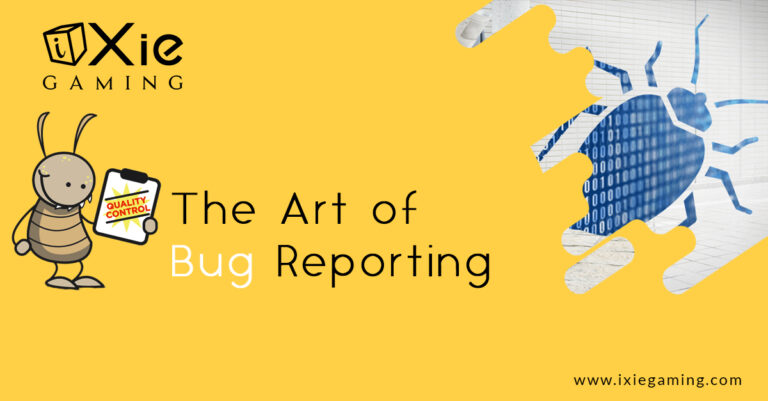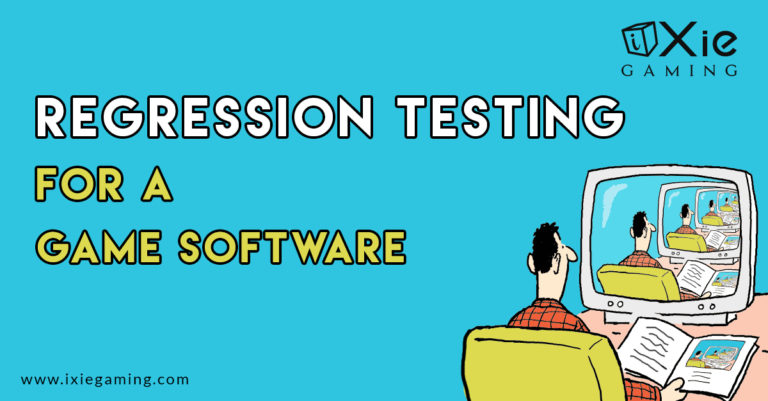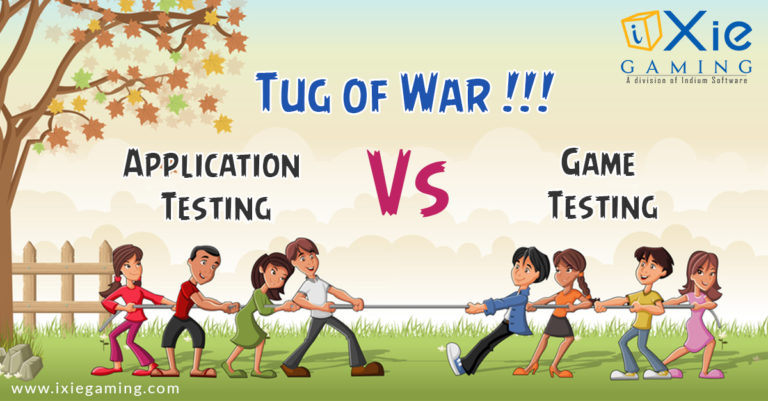As technology evolves, new technological solutions have been introduced in game testing. The cloud is one of the critical tech breakthroughs that have revolutionized game testing. Cloud technologies have transformed how we build, scale, test, and ship tech products to the market. From providing on-demand access to vital software and hardware resources to allowing users to pay for what they use; cloud technologies have significantly impacted the bottom line of game testing.
But what is cloud-based game testing? And how does it help you take your gameplay to new heights? Join us as we comprehensively explore the power of cloud-based testing and how it is revolutionizing the way testers test their games.
Understanding Cloud-Based Game Testing
Cloud-based game testing is a form of testing where critical game aspects are tested on an actual device cloud. This new mode of testing varies significantly from the traditional testing model. In a traditional testing setting, testers install the .ipa (for iOS) and .apk (for Android) on the respective devices and execute the tests. The main challenge to this approach is the increasing cost of creating and scaling up the infrastructure.
Cloud-based game testing addresses the mentioned challenges of traditional testing environments. But how does it achieve this? Well, cloud game testing involves testing the game using cloud-based services. Instead of acquiring and maintaining the actual devices, testers use cloud-based services to test the game. Therefore, it eliminates the cost of buying and managing the actual devices, reducing the total cost of ownership (TCO).

Why Has Cloud-Based Game Testing Become So Popular?
It’s no secret that cloud-based game testing has become popular recently. But why is this a growing trend in the game-testing realm? Well, testing your game on hardware devices hosted in the cloud has many benefits. As initially stated, it helps you minimize the device expenses. Also, with cloud-based game testing, you can achieve a higher device and test coverage, improving the overall quality of your game.
Whether it is a cloud or non-cloud-based gaming platform, cloud game testing provides significant potential. It enables you to deliver high-quality gaming products to the market. What’s more, the cloud is highly scalable. This means that it can handle a wide range of game testing requirements.
5 Benefits of Cloud-Based Game Testing
Cloud-based game testing takes your gameplay to new heights. It offers many benefits to the tester and the business, empowering them to deliver higher-quality games. Here are some key benefits of cloud-based game testing:
Take Collaboration to the Next Level
Seamless collaboration is essential in game testing. It ensures your software application is thoroughly tested and meets the desired quality standards. However, in a traditional game testing environment, collaboration between teams is limited, as teams often use multiple communication channels and tools. This often hinders their ability to collaborate and deliver a thoroughly tested game. But how does cloud-based game testing help?
Cloud providers offer an infrastructure to execute game tests seamlessly. Also, the infrastructure supports team communication and reporting tools and can quickly integrate with key CI/CD tools. As a result, it speeds up the testing phase and promotes seamless communication and collaboration between testers and developers.
For example, a glitch-tracking tool can quickly log functional, or user interface (UI) issues discovered in the game. This means they can be allocated to the relevant developer(s) in a few clicks, streamlining bug tracking and closure.
Scale on Demand
Game testing requirements and devices are constantly evolving. This poses a significant challenge to game testers and developers. It means that testers and developers must consider varying browsers, platforms, devices, and platform versions, all with different configurations. Procuring these devices can be costly, which may limit the test and device coverage. As a result, quality assurance (QA) teams often use a device compatibility matrix to scan and prioritize the devices and platforms on which the testers must run the tests. But how has cloud-based game testing revolutionized this aspect?
The cloud is a highly scalable testing environment. This means game testing on cloud devices enables tests to achieve the desired test and device coverage. But how? Well, cloud-based game testing allows you to test game functionalities across multiple devices at scale. Moreover, QA teams can scale resources, such as the number of devices up or down, depending on the device compatibility matrix results.
Gain In-Depth Insights Through Observability
Most high-end games lock the GPU and/or CPU frequency at higher values to offer a glitch-free gaming experience to players. In fact, graphics-intensive 3D games can drain the player’s device battery faster, affecting their gaming experience and duration. This is where observability comes in handy in game testing.
Observability allows testers and developers to gain in-depth insights into their game’s performance. It enables them to gather device performance logs, metrics, and more. All cloud-based game testing providers offer a built-in observability feature. This means testers can quickly use it to track critical performance metrics (thermal, CPU, GPU, etc.) on the fly.
Shorten Feedback Loops
Cloud-based game testing significantly shortens the feedback loop. Any fix pushed into the repository can quickly undergo multiple rounds of thorough testing. If it has any issues or side effects, the newly checked-in code is allocated as a bug to the game developer responsible. This shortened developer feedback loop speeds up game development and testing. As a result, it can have far-reaching benefits in terms of cost savings.

Test Performance at Scale
Cloud-based game testing can significantly improve graphics performance at scale. This is because graphics performance can be tested under different conditions and scenarios. In fact, most cloud-based testing providers allow game testers to execute tests across multiple network throttling settings such as 3G, 4G, and 5G. When conducted on several devices, these tests assess the game’s performance when the network is subjected to varying download and upload speeds.
Final Thoughts
Cloud-based game testing has unlocked new opportunities in game testing. From allowing testers and developers to collaborate smoothly in game testing to empowering performance testing at scale, cloud testing providers have revolutionized the game testing world. Besides the discussed benefits, cloud-based game testing is super beneficial in executing regression, security, and localization tests. Selecting the best-suited cloud-based game testing provider is a crucial step to leveraging the benefits of cloud testing.
Partnering with a reputable game testing provider like iXie can help you reap the full benefits of cloud-based game testing. So, why wait? Partner with iXie today and enable your QA teams to get the best return on investment (ROI) by testing their games on actual devices in the cloud!
Frequently Asked Questions
Cloud-based game testing is a form of testing where critical game aspects are tested on an actual device cloud. This new mode of testing varies significantly from the traditional testing model.
-Testing your game on hardware devices hosted in the cloud has many benefits. As initially stated, it helps you minimize the device expenses. Also, with cloud-based game testing, you can achieve a higher device and test coverage, improving the overall quality of your game.
-Whether it is a cloud or non-cloud-based gaming platform, cloud game testing provides significant potential. It enables you to deliver high-quality gaming products to the market. What’s more, the cloud is highly scalable. This means that it can handle a wide range of game testing requirements.
Here are some key benefits of cloud-based game testing:
Take Collaboration to the Next Level
Scale on Demand
Gain In-Depth Insights Through Observability
Shorten Feedback Loops
Test Performance at Scale
Some popular cloud-based game testing platforms and services include AWS Device Farm, Google Firebase Test Lab, Microsoft Azure DevOps, BrowserStack, and Sauce Labs. These platforms offer a range of testing capabilities and support for various game development technologies.






